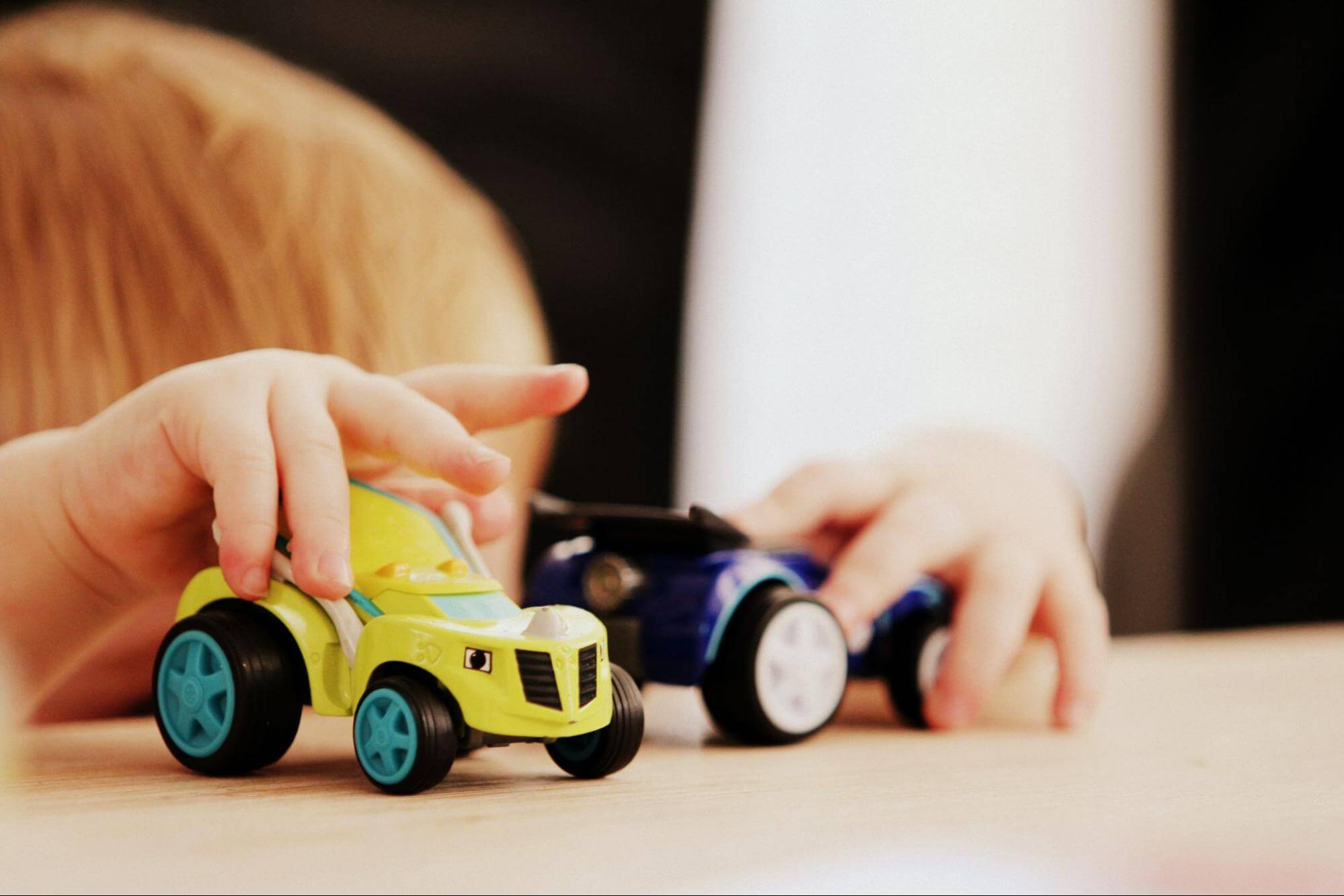While every child is unique and special, most children demonstrate specific skills or tasks by a certain age. These “developmental milestones” cover everything from physical growth, cognitive and language development, to social and motor development. Smiling for the first time, looking at your face, waving “bye-bye,” crawling, and taking the first step are all considered developmental milestones.
Why are developmental milestones important?
Developmental milestones are important markers to help you track your child’s developmental health. These milestones are used by parents, pediatricians, and many other care providers to ensure that your child is developing as expected, and can help identify and address delayed development to facilitate early interventions.
"Milestones are categorized around five major areas: physical growth, cognitive development, emotional and social development, language development, and sensory and motor development," explains Cari Whitlock, Licensed Clinical Psychologist and Neuropsychologist at Healthy Young Minds. "Milestones help you understand how your child learns and grows, and delays in any of these areas can result in mild to severe struggles at home and school. Proper assessment can lead to services that help your child reach their full potential."
How to track a 2 year old’s developmental milestones
Many pediatricians work from standardized forms to assess and track your child’s developmental milestones. As a parent, it’s important to keep track of the skills your child exhibits as they grow, since you are most familiar and involved in their day-to-day care. There are multiple tracking apps out there, including the Milestone Tracker App from the Center for Disease Control (CDC).
Child Development Milestones: 2 years
Cognitive milestones |
|
Physical milestones |
|
Language milestones |
|
Social emotional milestones |
|
What are the cognitive milestones for a 2 year old?
At this age, your child problem-solves by trying things out and manipulating objects. Toddlers will hold something in one hand while using the other hand, like holding a container and taking the lid off. Your child will start creating and imagining through pretend play and you may notice your child’s play becoming more complex.
What are the physical milestones for a 2 year old?
Around 2 years of age, your child is learning to move more independently. You may notice your child feeling more comfortable with feeding themselves with a spoon and a cup (maybe even a fork) and it’s easier for your child to take off socks, shoes, and clothes without buttons. Two year olds will kick a ball, run, and walk up a few stairs with your help. Your child may also show signs that they are ready for toilet training.
What are the speech and language milestones for a 2 year old?
Two year olds enjoy talking and will use 2-3 words together like, “mama eat” or “I want more” and they will continue to learn more and more words every day, using about 50 different words. You’ll be able to understand more of what your child says to you and your toddler will understand simple sentences and instructions, like “throw the red ball” or “bring me your shoes.”
What are the social and emotional milestones for a 2 year old?
At this age, your child will begin to experience new (and bigger!) emotions, like frustration, excitement, anger, and surprise. You may see some temper tantrums as your child works through these big emotions. They will look at your face to see how you react in a new situation and find comfort in your affection. Your child continues to be interested in spending time with other children and may engage in back and forth play.
What if my child is not meeting milestones?
No one knows your child better than you. Always trust your gut. If your child is not meeting age-appropriate milestones, talk to your pediatrician.
Learn more about when you should worry about missing developmental milestones.
